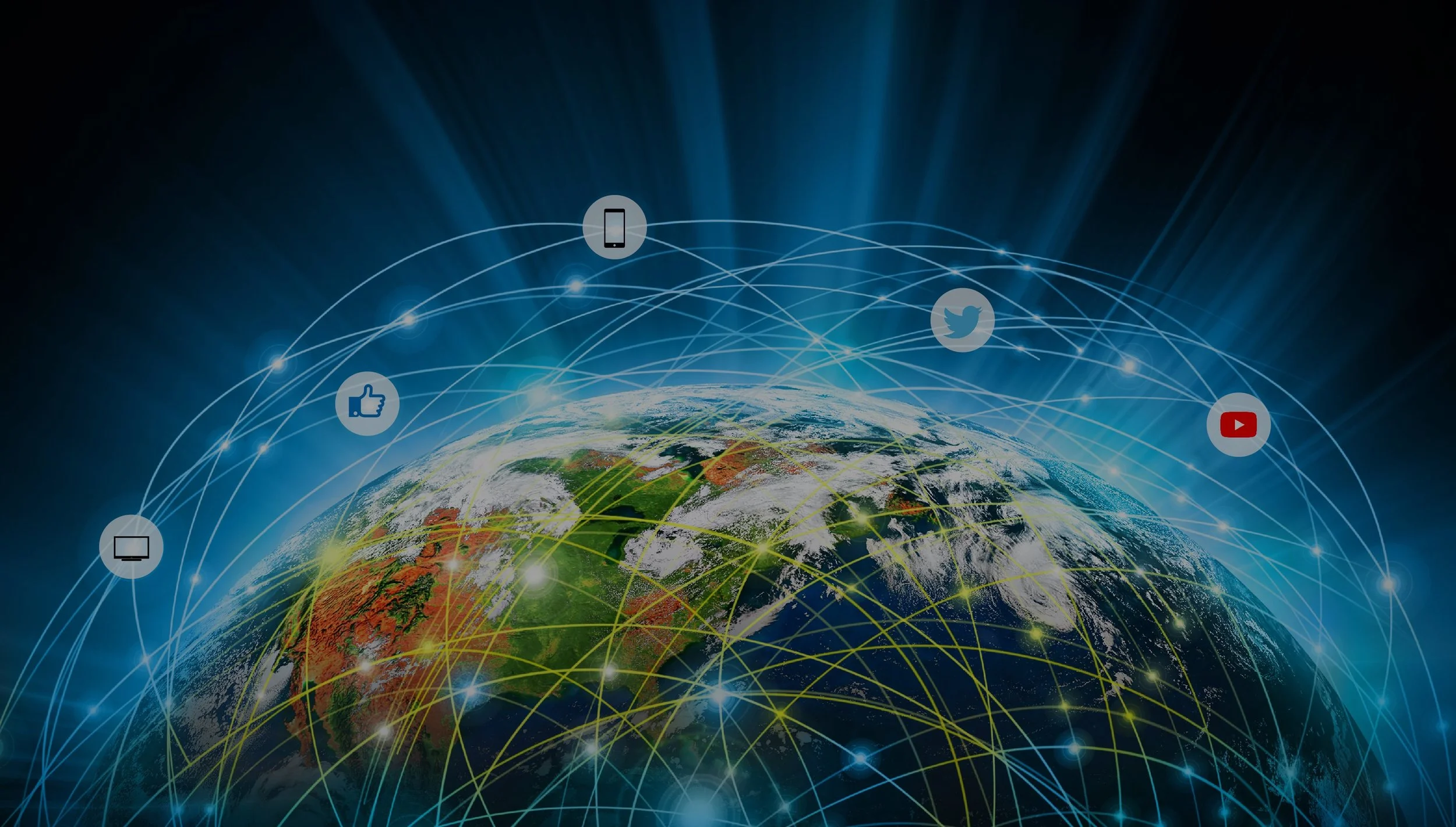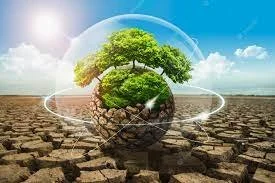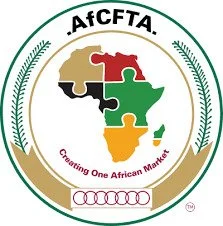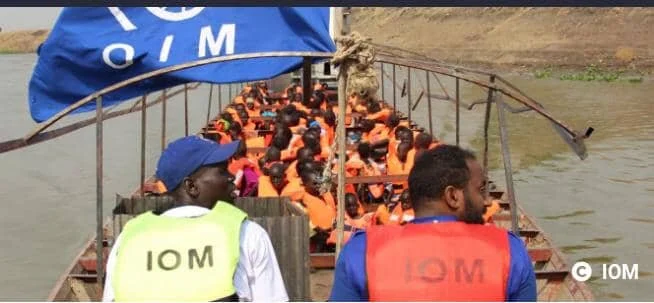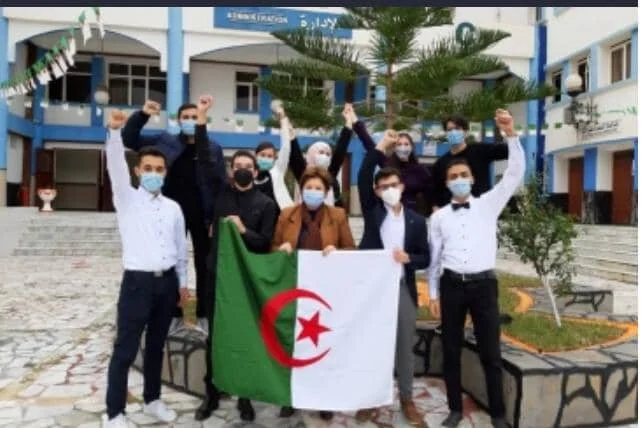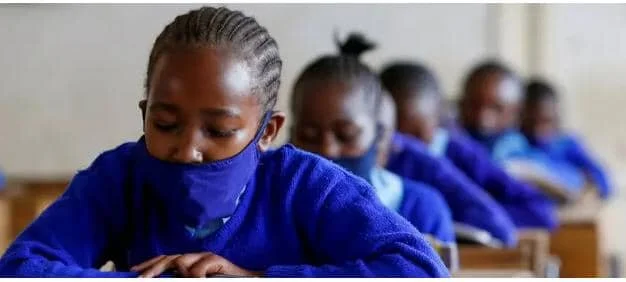The DAC defines official development assistance (ODA) as “government aid that promotes and specifically targets the economic development and welfare of developing countries.” Understanding of this definition has changed over time, recognising, for example, the emergence of “non-DAC providers or philanthropic foundations, the diversification of financial instruments for development, or the increasing overlap of development cooperation policy objectives with those of other sectors such as migration and security.”
Institutionalizing Social Participation for Health and Well-being | Why social participation for health and well-being?
In the context of significant global economic and health challenges, especially following the COVID-19 pandemic, strengthening and institutionalising social participation must be a priority to advance health and well-being. Social participation – defined as empowering people, communities, and civil society through inclusive participation in decision-making processes that affect health across the policy cycle and at all levels of the system is a crucial element of good governance for health. The policy cycle involves situational analysis, priority setting, planning, budget, implementation, monitoring, evaluation and review, which occur at community, district, regional and national levels.
World Health Organization Fourteenth General Program of Work, 2025–2028
In 2023, the Seventy-sixth World Health Assembly, having considered the report by the Director-General on sustainable financing, requested the Director-General to develop the draft Fourteenth General Programme of Work, 2025–2028 (GPW 14) in consultation with the Member States, as the technical strategy to underpin the first WHO investment round in the last quarter of 2024. GPW 14 is to replace the Thirteenth General Programme of Work, 2019–2025 (GPW 13) one year early, include a financing envelope and strong results narrative, and draw on lessons learned from GPW 13. GPW 14 will be considered for approval by the Seventy-seventh World Health Assembly in 2024, through the Programme, Budget and Administration Committee of the Executive Board at its thirty-ninth meeting and by the Executive Board at its 154th session.
Global Recovery From COVID-19 Pandemic | Solving Climate Crisis
“There is no vaccine for the planet. Nature needs a bailout,” warned UN Secretary-General António Guterres, describing the state of the planet in a speech at Columbia University in New York in December 2020. He identified global recovery from the COVID-19 pandemic as an opportunity to solve the climate crisis and make peace with nature, using the SDGs and the Paris Agreement on climate change as a blueprint.
The African Continental Free Trade Area(AfCFTA) First Month Of Trading
The African Continental Free Trade Area (AfCFTA) has wrapped up its first month of trading, having kicked off at the start of the new year. The nascent and wide-reaching trade area will be watched closely given its scope, size, and potential development impacts, along with what it means for existing regional communities and trading ties with other partners.
Unlocking Finance To Build Forward Better From The Covid-19 Crisis & Accelerate Delivery Of Sustainable Development.
The African government's economic crisis over the Covid-19 Pandemic equals (1 to 7)% of their GDP, contributed by African Governments deploying fewer funds and measures for high-quality recovery. At The Youth Café, we believe that there is a need for financial education. This will increase unlocking finance to build forward better from COVID-19 and accelerate delivery on Sustainable Development as intended: To identify effective measures to address the overarching challenge of mobilizing adequate and sustainable finance to invest in sustainable recovery from the COVID-19 crisis and accelerate the implementation of the 2030 Agenda and Agenda 2063. To identify and articulate the financing needs and provide high-level insights on opportunities to mobilize finance, focusing on the role of the Liquidity and Sustainability Facility designed and launched by ECA and partners.
The Youth Café At The Voluntary National Review-Voluntary Local Review Workshop.
Voluntary National Review is a strategy based on the 2030 Agenda: Member states to "conduct regular and inclusive reviews of progress at the national and sub-national levels, which are country-led and country-driven. Like the 2030 Agenda of participation, The Youth Café strives for global connection, has reached over 72 countries, and is a local and national rope for achieving goals. The Youth Cafés principles are a call to action for governments, civil societies, private and public sectors, bi- and multilateral, and knowledge institutions. To invest in mutual prospects and work in partnership for sustainable development.
Migration Amid COVID-19: Young Africans Weigh Their Options
While the African migration narrative may be dominated by desperate youth involved in irregular migration, the near-term impact of the COVID-19 pandemic on them has also increased the migration of certain groups, especially those with skills useful in the health sector of destination countries. Increasingly, migration for work or education has become a common phenomenon in Africa. Data from the International Migrant Stock 2019 report, prepared by the UN Department of Economic and Social Affairs (DESA), shows that international migrants in 2019 numbered an estimated 272 million, an increase of 51 million since 2010.
Shedding Light On The Hopes And Challenges Of Algerian Youth
Injaz(Arabic for achievement) is patterned after a US-based youth organization, Junior Achievement, which operates in many African countries, including Ghana, Nigeria, Tanzania, as well as in other regions of the world. Ms. Jaber, the Jordanian-born executive who now lives in Algeria, wanted to offer young people in Africa the opportunity to develop their business leadership skills, including business planning, critical thinking, and effective communication.
Businesses Are Critical Partners In Advancing Girls’ Education. Here Is Why
In a recent dialogue on girls’ education, hosted by GPE and the UK’s Foreign, Commonwealth, and Development Office, Ministers of Education from GPE partner countries and business executives from major regional and global companies came together to discuss how the business community’s initiatives around girls’ education could be aligned to national education priorities.


